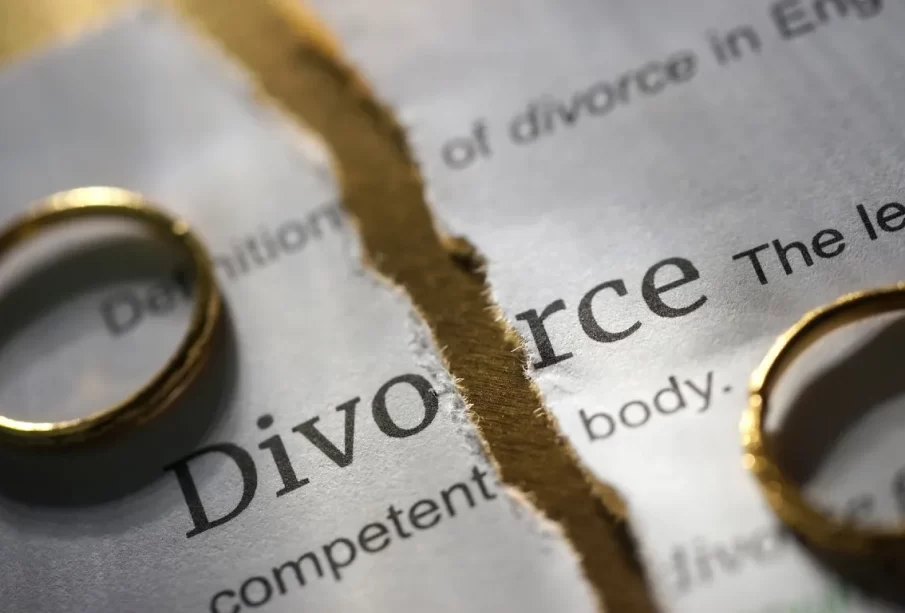Who Gets The Child Custody After a Divorce?

Custody refers to guardianship. Child custody arises at the time of divorce. Child custody shall only be given to the person who can raise him with reasonable care and love. Court has the power to decide the guardian for a child. However, the one parent winning the custody case does not mean the other loses everything over the child. The court ensures the child’s safety and gives the final decision.
The best way is to contact a Salt Lake City divorce attorney who can guide you in the process with the bare minimum stress.
What does the court consider to give custody?
Laws always prioritize the best interests of the child. There are no rules to the decision of the child’s custody. But these below points are always considered by the court:
- It ensures whether the custodial parent is financially stable or not to raise a child.
- The custodial parent’s mental health and physical well-being must be in good health.
- The court determines whether the child is comfortable with the parent or not.
- There should not be any specific gender control over the child.
- It only sees child welfare, growth, education, and well-being.
- The intention of the custodial parent, whether it can be abusive or not.
In the case of a minor child- the child has the right to choose their or guardian (custodian) after the child expresses their views and the decisions which the court considers and gives the final decision.
Types of child custody:
- Physical custody: In this custody, the child will live with the custodial parent, and the other parent is also allowed to visit and interact with the child.
- Joint custody: In joint custody, both the parents are responsible for a child. A child can live with both parents according to the mutual agreement. The agreement can be based on several days to months. It may also refer to joint physical custody, joint legal custody, or both combined.
- Sole custody: If the other parent is abusive, offensive, and incapable of raising a child. The child is taken care of by only one parent.
- Third-party custody: In this case, a guardian or third person gets custody instead of the biological parents. For example, grandparents or any other relative with whom the child is comfortable. This is also to be called non-parental custody. It occurs when biological parents don’t want custody of the child. And when the biological parents are incapable of caring for the child.











